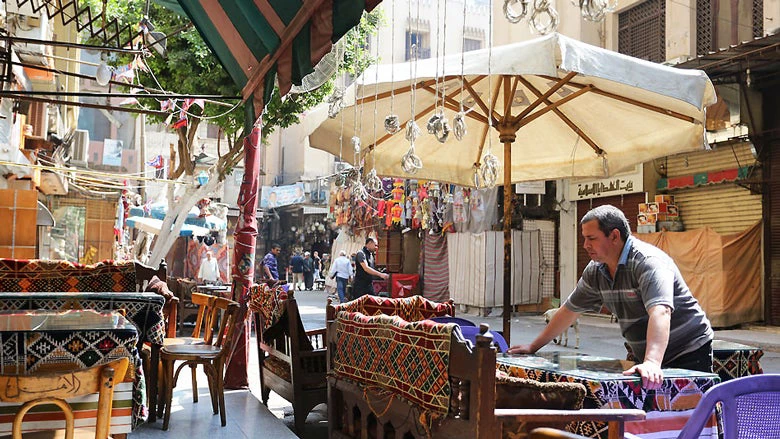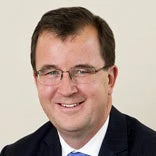
From the smallest rural villages in Bangladesh to the large, bustling metropolitan centers of Cairo or Istanbul, small and medium enterprises (SMEs) are the lifeblood of Islamic communities around the world, keeping local economies humming.
I first became interested in the potential of leveraging Islamic finance to grow SMEs when I led a seminar on the topic in 1997. I’ve come full circle, almost 20 years later, when I had the opportunity to speak last month in Istanbul at a conference on “Leveraging Islamic Finance for SMEs” organized by the World Bank Group, the Turkish Treasury, the Islamic Development Bank and TUMSIAD, the largest association of SMEs in the country with 10,000 members.
The report launched at the conference notes that SMEs account for more than 60% of employment and 50% of GDP in high-income economies. They are equally important in emerging economies, where they contribute on average to more than 50% of employment and 40% of GDP.
But even though SMEs play such an important role in the global economy, they have historically struggled to gain reliable access to capital. Our IFC Enterprise Finance Gap Database tells us that between 55% and 68% of SMEs in developing countries are either financially underserved or not served at all.
These high numbers translate into significant lost opportunities to develop viable businesses. Even in the G20 countries, it is estimated that SMEs face a financing gap of $1.3 trillion.
The Islamic finance industry has expanded rapidly during the last decade, with annual growth rates of over 15%. Today, Islamic financial assets are estimated at over $1.7 trillion. In many majority Muslim countries, Islamic banking assets have been growing faster than conventional banking assets.
There has also been a surge of interest in Islamic finance from non-Muslim financial centers such as the UK, Luxembourg, South Africa, and Hong Kong. For example, the World Bank, acting as treasurer for the International Finance Facility for Immunization, has helped raise $700 million through two Sukuk issuances.
Mobilization of financing from nonbanking channels, such as private equity, venture capital and capital markets, offers innovative asset-based and equity-based financial products that overcome the shortcomings of banks’ SME financing.
I believe it is imperative for policymakers and development practitioners to unlock the potential of Islamic finance. Although key standard-setting bodies, such as the Islamic Financial Services Board and the Accounting and Auditing Organization for Islamic Financial Institutions, have made substantial progress, the regulatory framework, supervisory processes, and standards for the industry have yet to be fully formed and implemented.
Addressing these challenges effectively will put Islamic financial institutions in a position to design and offer financial products that are relevant to SMEs, while reducing transaction costs and adequately securing their exposures.
Islamic finance has relevance across the range of development solutions that we at the World Bank Group deliver. In 2013, we established a Global Islamic Finance Development Center in Istanbul. The center serves as a knowledge hub spearheading a wide range of research, training, and advisory activities aimed at improving general understanding of Islamic finance globally and supporting regulators and policymakers to introduce and maintain sustainable Islamic finance industries.
The priority reform measures supported by the G20 Investment and Infrastructure Working Group and the Global Partnership for Financial Inclusion Database could provide a roadmap for the use of Islamic financial products by SMEs. It is my hope that we will all continue to work together toward the sustainable development of the Islamic financial services industry and bolster its contribution to alleviating poverty and fostering shared prosperity in developing and emerging markets.
To find out how the private sector can help meet global development goals, sign up today for the Massive Open Online Course on Financing for Development. The free course launches Nov. 16.
This post first appeared on LinkedIn .


Join the Conversation